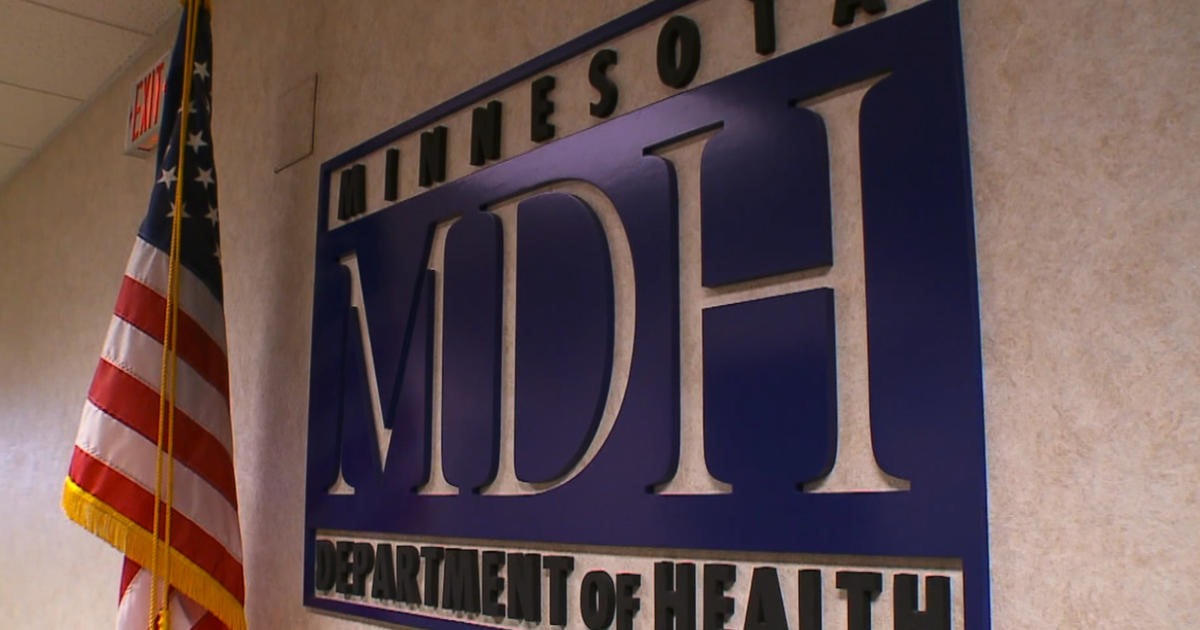How the COVID-19 pandemic created a "perfect storm" for opioid addiction
Recently-released data is painting a grim picture of the opioid epidemic that has gripped the United States — as the country is still grappling with the coronavirus pandemic that has killed more than half a million Americans.
"Some people are calling them twin pandemics that have collided," Harvard researcher Michael Barnett, Ph.D., said on CBSN Monday.
The Centers for Disease Control and Prevention estimates that 90,237 people in the U.S. died of opioid overdoses between October 2019 and September 2020. The figure is the highest ever recorded since the opioid crisis began in the late 1990s.
"This is an incredibly important public health crisis that has come along with COVID," Barnett said. "Before 2020, we went into the COVID pandemic with an out-of-control public health crisis of addiction."
Barnett, who serves as an assistant professor of health policy and management at the Harvard T. H. Chan School of Public Health, pointed out that 2019 had been the worst year on record in terms of opioid-related deaths before this latest figure and said 2020 "would have been terrible as well" with or without the pandemic.
"However during the pandemic, as all of us have experienced, add the stress of the pandemic, extreme isolation, job loss, and you really have a perfect storm for addiction to flourish," he said.
The number of American adults who reported symptoms of anxiety or depression between April 2020 and February 2021 rose by 27% over the previous year, also according to CDC data. Emergency room visits for drug overdoses increased by 36% in the same period.
Overall stress due to the pandemic's impact on health and the economy as well as increased isolation have been described as the main drivers behind the spike in mental health problems.
Barnett warned, "All of these are issues that can either lead people to addiction or worsen addiction in those who may be predisposed."



